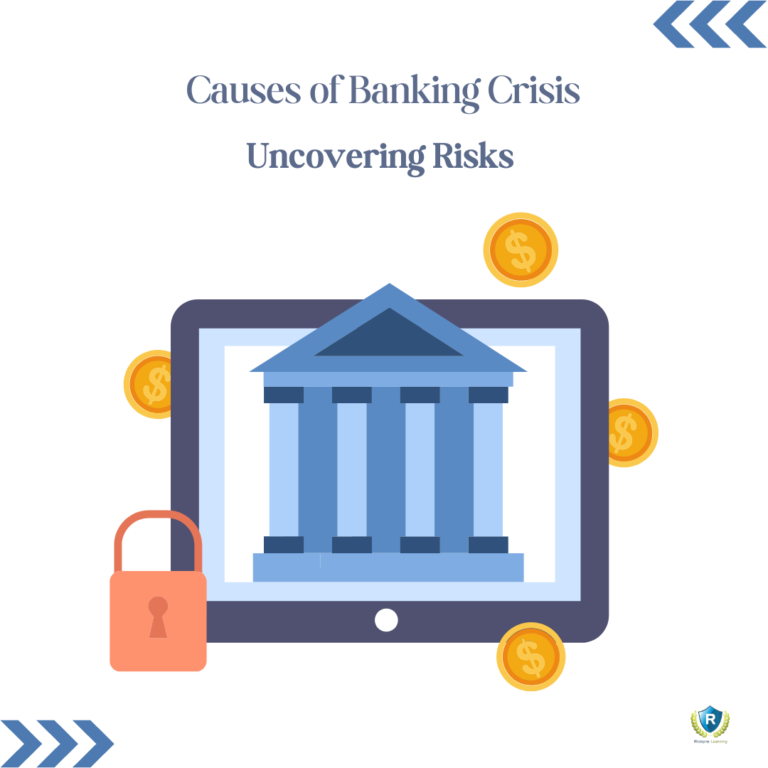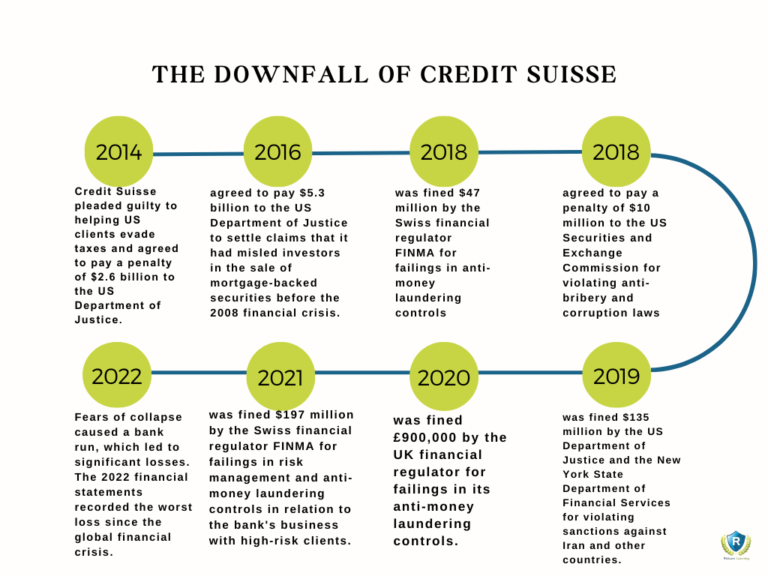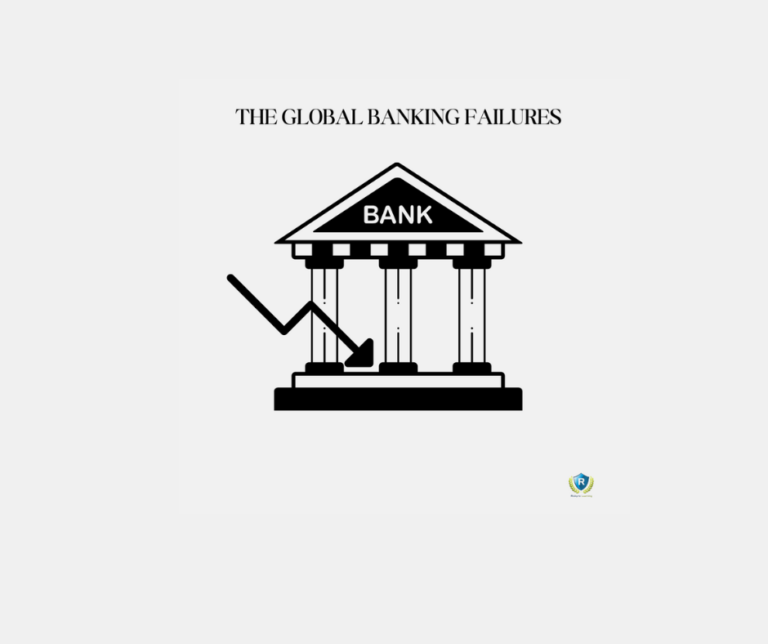A banking crisis occurs when many banks in a country are facing serious solvency or liquidity problems at the same time. This can be due to an outside shock or failure in one bank or a group of banks that spread to other banks in the system. A systemic banking crisis can lead to deep recessions and sharp current account reversals, and in some cases, can be contagious and spread to other countries.
Banks are exposed to a range of risks, including credit risk, liquidity risk, and interest rate risk. These risks can lead to a decrease in the value of a bank’s assets, which can result in the insolvency or technical insolvency. Banking problems can also be triggered or deepened by a lack of liquidity, where the bank does not have enough cash or other assets to satisfy liabilities.
Causes of Banking Crisis
The causes of banking crises are varied and can include unsustainable macroeconomic policies, excessive credit booms, large capital inflows, and balance sheet fragilities. Currency and maturity mismatches and off-balance sheet operations of the banking sector can also be prominent features. Let us take a close look at the causes of the banking crises.
Large Capital Inflows
In addition to currency risks, large capital inflows can also lead to the development of asset price bubbles. As foreign investors seek to take advantage of the country’s favorable economic conditions, they may invest heavily in the local stock market, real estate, or other assets. This influx of capital can drive up the prices of these assets beyond their fundamental values, creating a bubble that is unsustainable in the long run.
When these bubbles burst, as they often do, they can trigger a banking crisis. As asset prices decline, borrowers who used these assets as collateral for their loans may default on their debt, leading to a rise in non-performing loans and losses for banks. Moreover, as the value of the collateral declines, banks may find themselves with insufficient collateral to cover their loans, leading to a decline in their capital adequacy ratios and potentially resulting in insolvency. Thus, large capital inflows, while potentially beneficial in the short term, can pose significant risks to the financial system and contribute to banking crises.
Unsustainable Policies
Unsustainable macroeconomic policies refer to economic policies that are not viable in the long run and can lead to imbalances in the economy. These policies can include but are not limited to, government overspending, loose monetary policies, and inconsistent regulations.
Government overspending occurs when the government spends more than it collects in taxes and other revenues, resulting in budget deficits. While budget deficits are not necessarily bad in the short term, they can become unsustainable if they persist over the long term, leading to rising government debt levels.
Loose monetary policies refer to when a central bank attempts to stimulate the economy by increasing the money supply and reducing interest rates. While this can help boost economic growth in the short term, it can also lead to inflation and a devaluation of the currency over the long term.
Currency Mismatches and Banking Crisis
Currency mismatches occur when banks have assets and liabilities denominated in different currencies, and a change in exchange rates can cause a significant impact on the bank’s financial position. For example, if a bank has liabilities in a foreign currency and the value of that currency falls sharply, the bank’s liabilities increase in value relative to its assets, leading to potential insolvency. Similarly, if a bank has assets in a foreign currency and the value of that currency falls, the value of those assets decreases, potentially leading to losses.
Maturity Mismatches
Maturity mismatches occur when a bank has short-term liabilities (such as deposits) and long-term assets (such as loans). If a large number of depositors demand their money back at the same time, the bank may not have enough liquid assets to meet those demands, potentially leading to illiquidity or insolvency.
Off-Balance sheet Operations
Off-balance sheet operations refer to activities that banks engage in that are not recorded on their balance sheets, such as loan guarantees or derivatives contracts. These activities can expose banks to significant risks that may not be immediately apparent. For example, if a bank guarantees a loan that goes bad, the bank may be liable for the full amount of the loan, even though the loan is not recorded on the bank’s balance sheet.
During a banking crisis, these risks can become magnified, leading to significant losses for banks and potentially spreading to other parts of the financial system. As a result, regulators and policymakers need to be aware of these risks and take steps to mitigate them to prevent or minimize the impact of banking crises.
Predicting banking crises is difficult, but certain variables such as high leverage and rapid credit growth can indicate an increased likelihood of a crisis. However, having the professionals like Certified Bank Forensic Accountants may help the banks to identify the problems at an early stage.
Role of a CBFA in the Banking Crisis
A certified bank forensic accountant plays a crucial role in investigating and mitigating banking crises. They use their specialized knowledge and skills to examine the financial records and transactions of banks and financial institutions to identify any irregularities or fraudulent activities.
In the event of a banking crisis, a certified bank forensic accountant may be called upon to perform a detailed analysis of the bank’s financial records and identify any potential areas of risk or mismanagement. They may also be responsible for developing strategies to mitigate the impact of the crisis and prevent it from spreading.
Certified bank forensic accountants can work closely with regulators, government agencies, and other stakeholders to ensure that the crisis is contained and that appropriate measures are taken to prevent similar situations from occurring in the future. They may also provide expert testimony in legal proceedings related to the crisis.
Regulation and supervision of banks have gradually improved since the global financial crisis, with changes such as increasing capital ratios and strengthening resolution regimes. However, private sector incentives to monitor banks’ risks have been weakened by some policy interventions during the crisis. There is scope for strengthening regulation and supervision as well as private sector incentives to monitor risk-taking.






